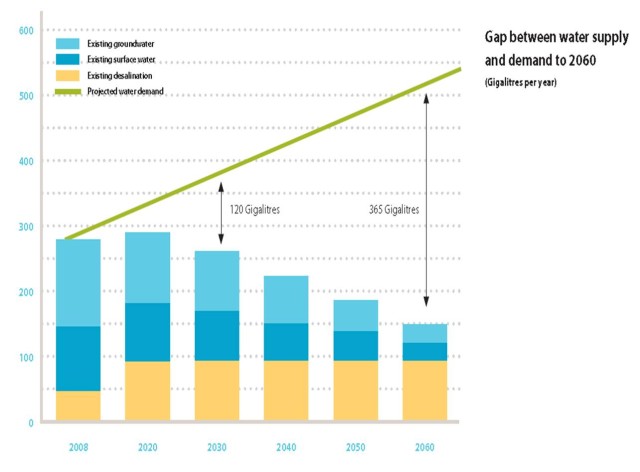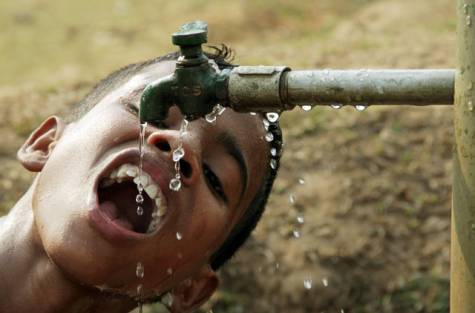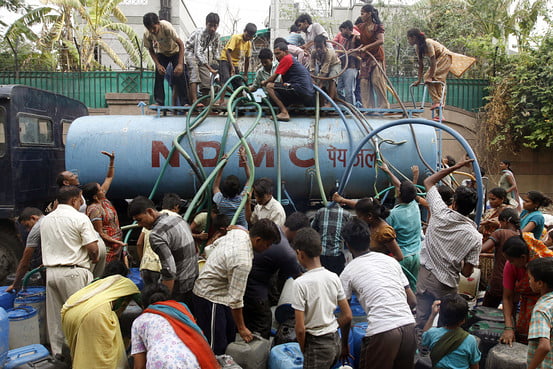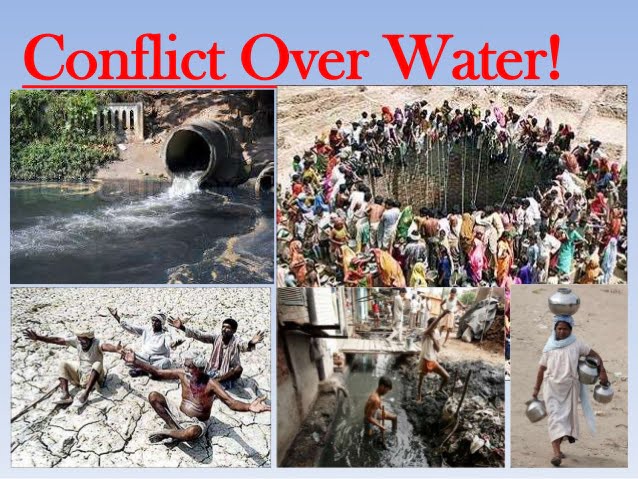It is scary but today water has been observed to be leaving oil behind to be the world’s scarcest critical resource. Of the total water supply on the planet only 2.5% constitute fresh water, most of it is locked under the glaciers. The world’s water consumption has increased almost two times as much as the increase in the population.
The consumption of water has reached a level where there is no scope for further increase in the consumption. So, we have to start finding a way to use the existing water in a more productive way because there is not enough left. The economic value of water is far more than its cost today, it costs very low per gallon and even lower at in case of large subsidies, mainly agriculture. At times the irrigated agriculture gets the water for free but the people in the cities and also the industries pay a very huge amount which is unfair and this makes the allocation of water in significant economic ends inefficient.
China, Egypt and Pakistan are few of the countries which are facing a very critical water shortage. Pakistan is a country which is nuclear-armed, politically dependent, terrorism dominated and over populated. This country depends on irrigation.If the sole source of water in Pakistan loses one third of its flow through the glaciers, it would create a big chaos in the country and might trigger some unwanted events.But there are countries who have sensed the water shortage in the future. Among them US with the help of its market forces and Clean Water Act in its legislation has been significantly progressing in restricting the water use. Between 1900 and 1975 the increase in the use of water was three times the rate of population growth.
According to Water Corporation, 2009 “Over the next 50 years, it is expected that existing surface water and groundwater sources will comprise an increasingly smaller portion of public water supply. As the climate dries the focus of new source development will continue to favor rainfall independent sources such as recycling and desalination.” The demand for water is increasing at an alarming rate in many places. In many countries which are scarce in water resources for example, Jordan and Israel there is no way to increase the supply of water and this would result in a tension between many countries. But in other countries like Egypt, there has been an increase in water efficiency and they have moved away from the water intensive crops also they import water from other countries, these could be a good example for the solutions. Another big problem is the deteriorating quality of water. The use of fertilizers and pesticides have increased a lot which has led to a pollution of water and also domestic and industrial pollution has also increased the pollution of water affecting both developed and developing countries.

There is debate if there are chances of violent conflict over water in near future. However, past experience suggests this is quite unlikely. The main basis for the conflicts is generally growth of demand with increase in population, global warming affecting rainfall patterns, reduce in freshwater availability which has been occurring due to groundwater mining and pollution. Along with these adverse health effects from due to poor water quality. This will result in violence and water wars although this makes very less sense both economically or politically.
Even in the history, there has been very little evidence to show violent conflicts resulted due to scarcity of water. However, water has been used as targets and strategies as part of military and political activities. Sometimes, there has been disputes over water within nations but the fight varies inversely with the size and type of political bodies. It has been a trending agenda for major political parties with the increase in demand among the people.
However, water scarcity shall be at forefront of international agenda for a long time and in some cases may contribute as a factor of international conflict. This sounds more reasonable and makes more sense by a note which was said by a member of Israeli negotiating team to the Middle East Peace Process, Hydrology Professor Uri Shamir,” If there is a political will for peace, water will not be a hindrance. If you want reasons to fight, water will give you ample opportunities.” So it is the right time to do so until it is too late.
By Pavani Chennamasetti





































